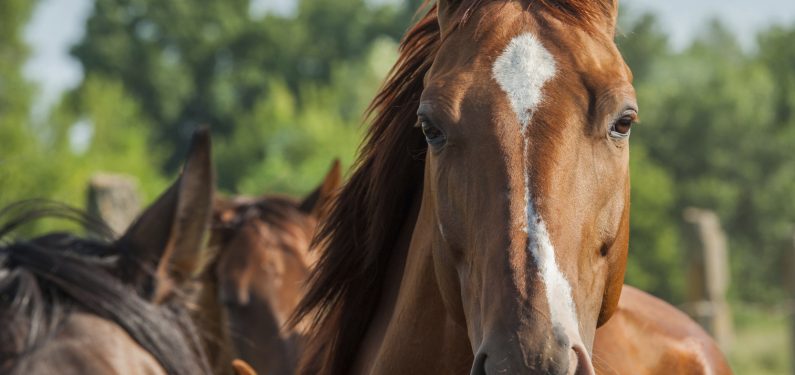
Bought on the Cheap – Price Paid vs Insurable Value in Equine Mortality Insurance
April 22, 2015Justifying the insurable value of your new (perhaps underpriced) horse for Equine Mortality Insurance.
“I paid $10,000, but she’s worth $15,000”, said nearly every horse owner ever, or at least a phrase very similar. While you may be the recipient of a good deal in the marketplace, this may complicate matters if, and when, you attempt to buy a mortality policy on your newly acquired steed. With equine mortality insurance, insurance companies consider what your horse is worth in terms of insurable interest or insurable value, while you may have plans to breed a new mare that would influence your program in intangible ways. Although the purchase price was $10,000 in our previous example, the potential of that mare’s financial impact could be much greater.
An important fact to bear in mind is that companies providing Equine Mortality Insurance don’t factor in truly hypothetical situations of income potential and/or sentimental value. When you pay for your new horse, the insurance company considers the insurable value of that horse on that day, and your payment amount becomes your own insurable interest in the animal.
Presumably, (and perhaps overly simplistic), you could purchase another horse of similar breeding, training, and quality for the same price you paid for the horse you lost. Justifying an insurable value that is over the purchase price on the day of purchase is nearly impossible. But, in the days, months, and years after, what are your options?
How to Justify a Higher Value for Your Insured Equine Post-Purchase
While there are multiple ways to justify a higher value for your insured equine, most of them take a bit of time to substantiate.
1. Enter Competitions and Report Winnings
The first, and easiest way, is to put your horse into competitions and report its winnings to the insurance carrier. When the horse has post-purchase show winnings to its credit, you have now added to its “resume,” and additional value can be justified over purchase price, relative to the level of competition and the extent of winnings.
2. Invest in Training and Report Progress
Another way to successfully justify and substantiate value on a newly acquired horse is to put the animal into training. Keep track of your training costs; these can be used to show that your horse has additional insurable value over the purchase price. Another example would be your horse progressing from Level 1 Dressage to Level 2.
When this occurs, its insurable value has increased. Purchasing a replacement horse of similar breeding and/or conformational quality with Level 2 Dressage training versus one with Level 1 training would presumably cost more money. These additional training levels can be used as value justification.
3. Track and Report Breeding Record
Lastly, a horse’s breeding record over time, whether a stallion or a mare, can influence the insurable value of the animal. A stallion purchased for $10,000 with a breeding book of 25 mares, at $1,000 per breeding, could easily justify a value above and beyond the $10,000 purchase price.
Likewise, a mare with an average offspring sale of $20,000 could justify a higher insurable value than $10,000. Additionally, the performance record of offspring can be used as a value justification for horses of either sex. Insurance carriers will also allow insureds to use the sales price or performance records of full and half-siblings to justify the value of foals that are bred and raised by the insured.
Work with an Agent Experienced in the Equine Industry
An agent with experience in the equine industry can be a valuable asset when attempting to substantiate a value increase of a horse over the purchase price. Uncovering and revealing all of the areas in which you have added value to your animal are imperative in order to protect yourself from an underinsured loss. This is valuable information when purchasing Equine Mortality Coverage, and is also why horse owners should consider Equine Major Medical Insurance as an add-on to their Mortality Policy.
Because the development of a horse is both a time and monetary commitment, insuring for the purchase price alone is, in many cases, underinsuring your loss exposure. Replacing your financial loss is usually the point of purchasing an insurance policy, and completing a value justification is an excellent way to determine what amount of actual financial loss you may face in the unfortunate event your horse succumbs to accident, illness, or disease.
Looking for Equine Mortality Coverage? Click here to request an Equine Mortality Quote!
Disclaimer: Information and claims presented in this content are meant for informative, illustrative purposes and should not be considered legally binding.

